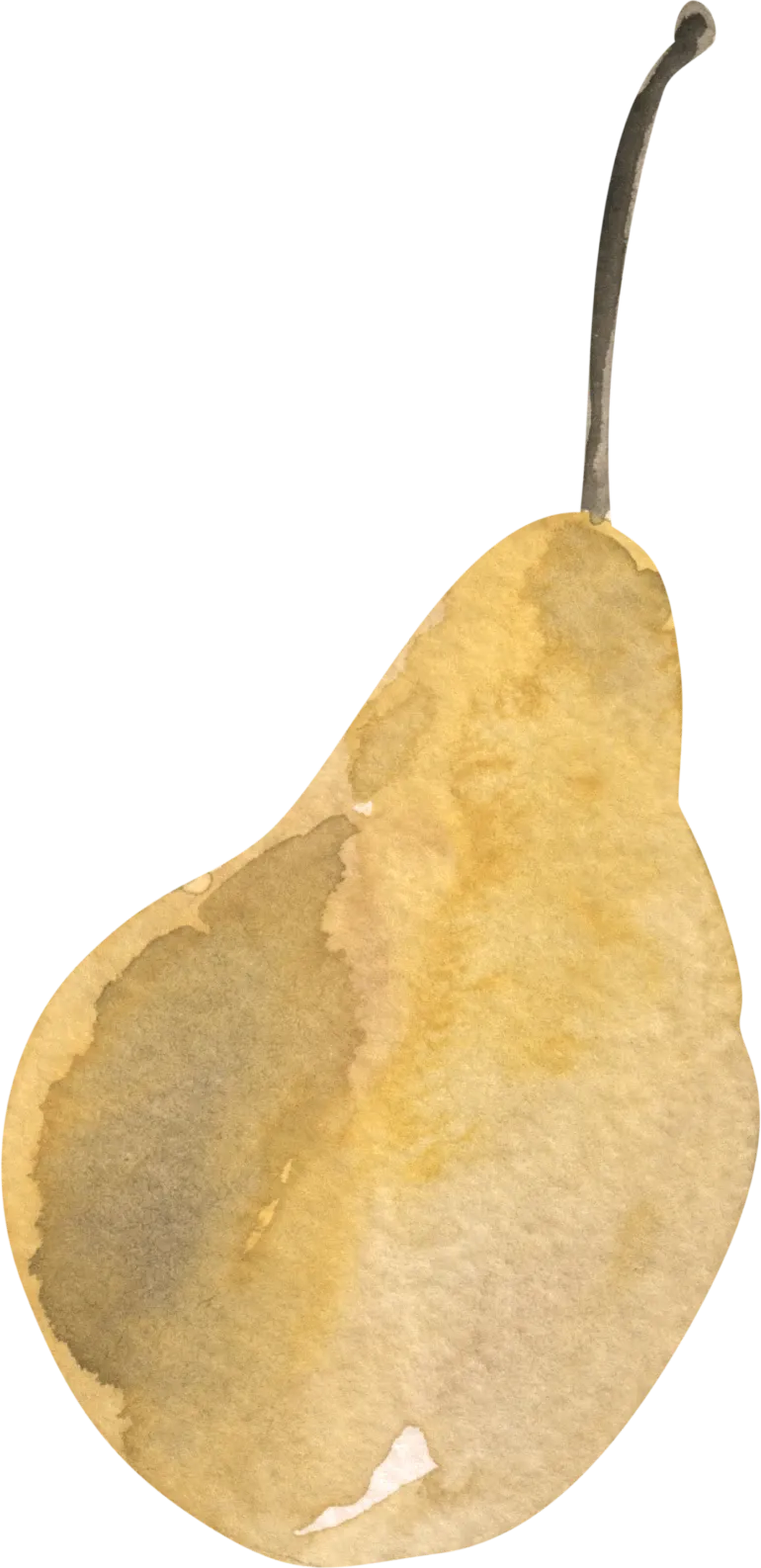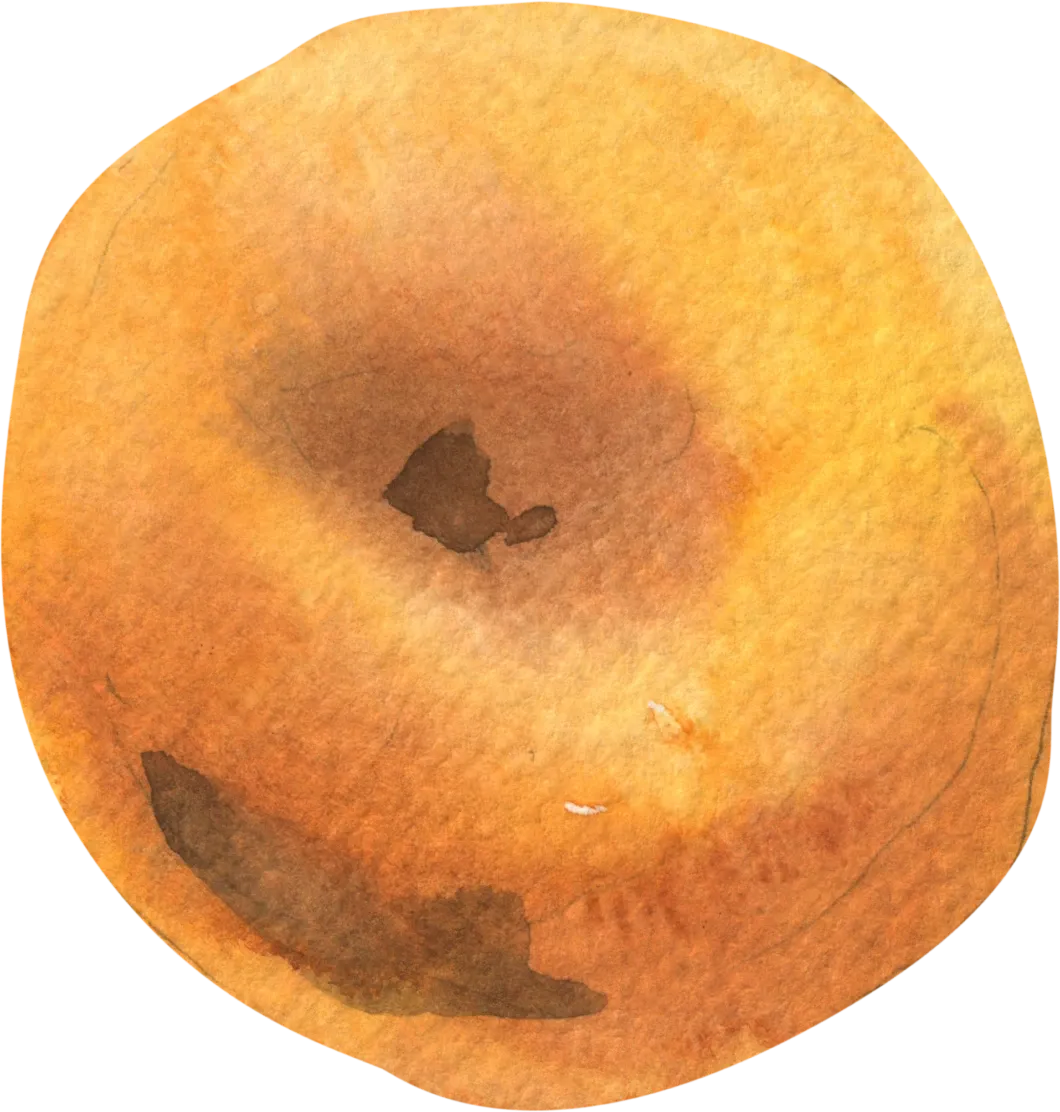The Health Benefits of Pears: A Sweet and Juicy Source of Nutrition
Introduction
Pears are a popular fruit known for their sweet, juicy flavor and buttery texture. They come in various varieties, each offering its own unique taste and nutritional benefits. Whether eaten fresh, poached, or baked, pears are a delicious way to add essential vitamins, minerals, and fiber to your diet.
Health Benefits of Pears
- Supports Digestive Health
Pears are an excellent source of dietary fiber, which supports healthy digestion. The fiber in pears helps regulate bowel movements, prevent constipation, and promote a healthy gut microbiome.
- Rich in Antioxidants
Pears contain antioxidants like vitamin C and copper, which help protect the body from oxidative stress. These antioxidants work to neutralize free radicals, reducing inflammation and lowering the risk of chronic diseases.
- Promotes Heart Health
The fiber and potassium in pears support heart health by helping to lower cholesterol levels and regulate blood pressure. Regular consumption of pears can reduce the risk of heart disease and improve overall cardiovascular function.
- Helps Manage Weight
Pears are low in calories but high in fiber, making them an ideal snack for those looking to manage their weight. The fiber helps promote feelings of fullness, which can reduce overeating and support healthy weight management.
- Boosts Immune Function
Pears are a good source of vitamin C, which plays a crucial role in maintaining a strong immune system. Including pears in your diet can help protect your body from infections and support faster healing.
Creative Ways to Enjoy Pears
Pears can be used in a variety of ways to enhance both flavor and nutrition:
- Raw as a Snack: Enjoy pears on their own as a juicy, refreshing snack.
- In Salads: Add pear slices to salads for a sweet contrast to greens and nuts.-
- Poached: Poach pears in red wine or spiced syrup for a healthy, flavorful dessert.
- In Smoothies: Blend pears into smoothies for a naturally sweet and nutritious addition.
- In Baked Goods: Use pears in tarts, pies, and cakes for a fresh, fruity twist.
Conclusion
Pears are more than just a delicious fruit; they are packed with fiber, antioxidants, and essential vitamins that offer numerous health benefits. From promoting digestive health to supporting heart function and boosting the immune system, pears are a versatile and nutritious addition to any diet. Whether eaten raw or used in cooking, pears provide a sweet and healthy way to enhance your meals.
FAQs About Pears
- Are pears good for weight loss?
Yes, pears are low in calories and high in fiber, which helps promote fullness and can support weight loss efforts.
- How should I store pears?
Store unripe pears at room temperature until they soften, then refrigerate to extend their freshness for up to a week.
- Do pears lose nutrients when cooked?
Pears retain most of their nutrients when lightly cooked, though high heat may reduce their vitamin C content. Poaching or baking are great ways to preserve their health benefits.
- Are pears AIP diet compliant?
Yes, pears are compliant with the AIP diet and can be consumed by those following an autoimmune protocol.
- Are pears Low-FODMAP?
No, pears contain higher levels of fructose and are not considered Low-FODMAP.
- Are pears Low Histamine?
Pears are generally considered low in histamine and are well-tolerated by individuals with histamine intolerance.
- Are pears Keto-friendly?
Pears are relatively high in carbohydrates, so they should be consumed in moderation on a keto diet. Small portions can fit into a low-carb plan.
Recipes
Check out our meal planning service by following these recipes:









